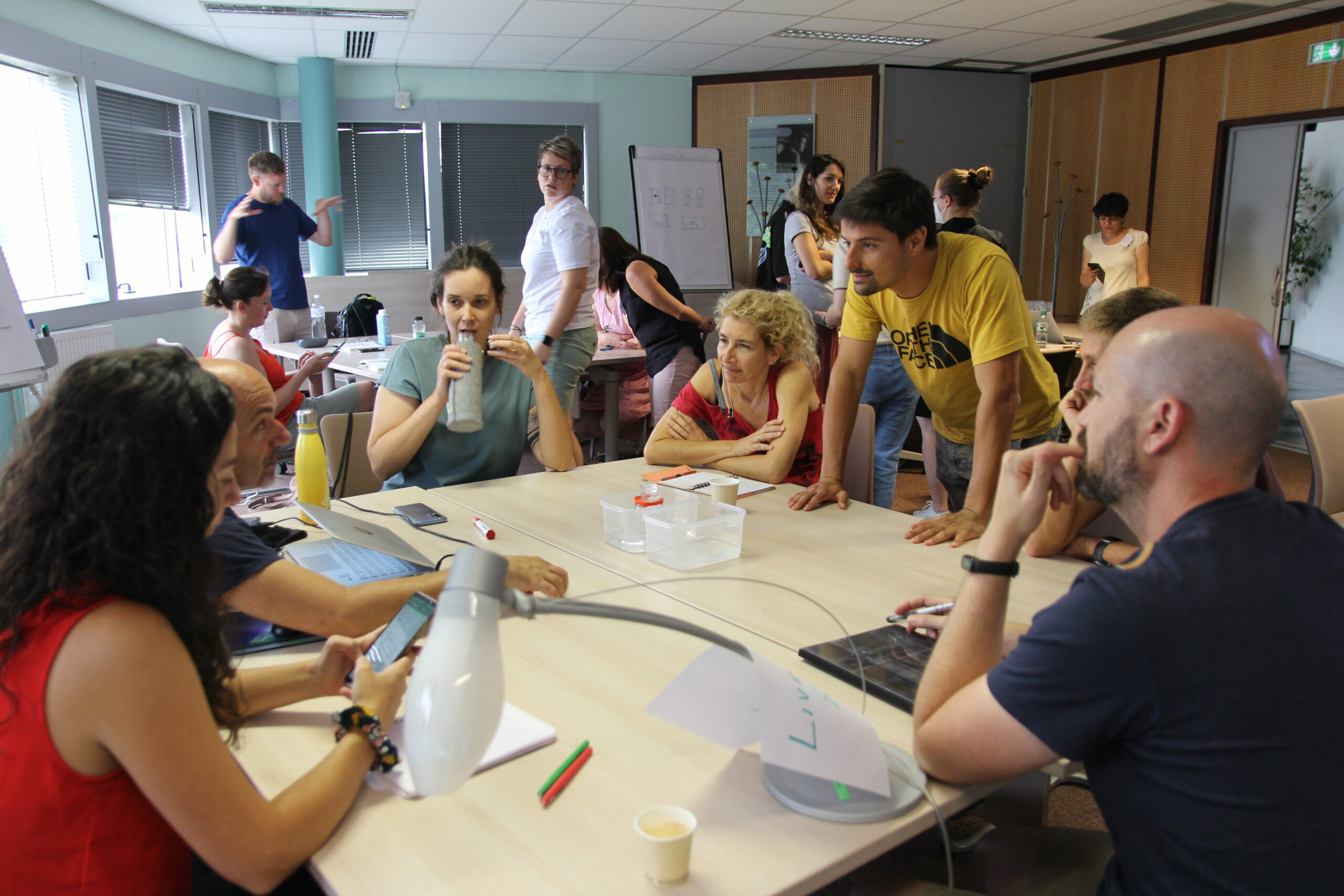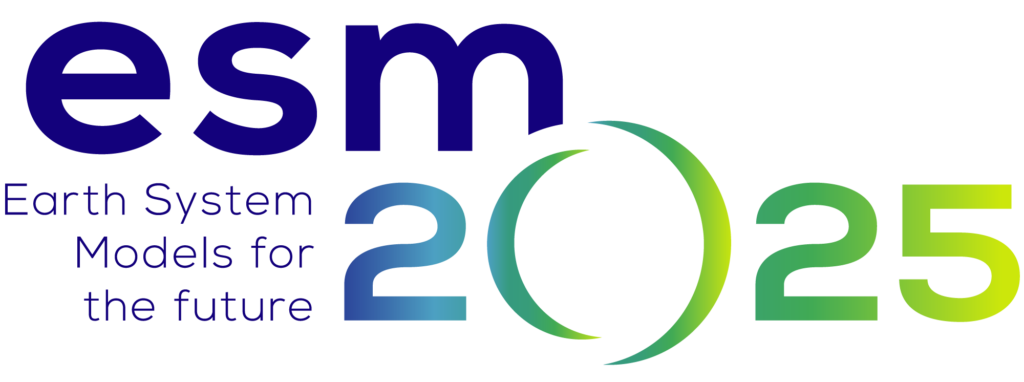Key messages

For the Education sector
ESM2025 is committed to providing European students and citizens with innovative climate education opportunities. This includes:

1.
Hosting two Climate Education Summer Universities for European teachers, featuring hands-on workshops with ESM2025 researchers and pedagogical experts from the Office for Climate Education.
2.
Developing a teacher’s handbook with turnkey lessons on climate modelling and climate change for students from 9 to 15 years old
3.
Creating a series of short educational videos on various topics related to climate modelling and climate change, also aimed at 9 to 15 years old students.
4.
Designing a simplified climate model that can serve as an educational tool for 9 to 15-year-old students, allowing them to manipulate key climate concepts at an actionable scale.
PROJECT STRUCTURE
The structure of the project has been designed logically, from fundamental research (component development, process parameterisation, couplings) to interactions with the integrated assessment modeling community, and to outreach and knowledge exchange. Project activities are divided into 4 main work areas (Core Themes – CTs) ranging from scientific activities (CT1, CT2, CT3) to knowledge exchange and outreach (CT4).

